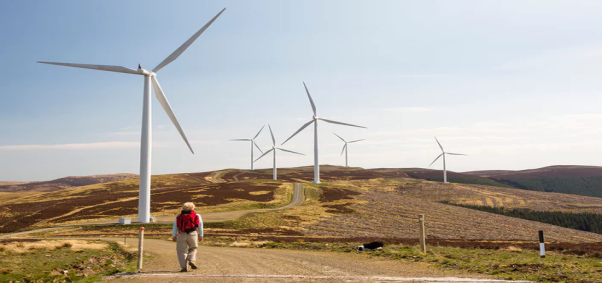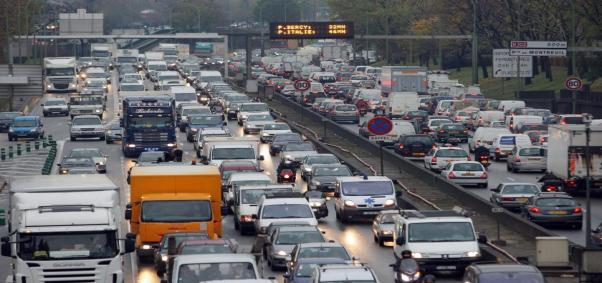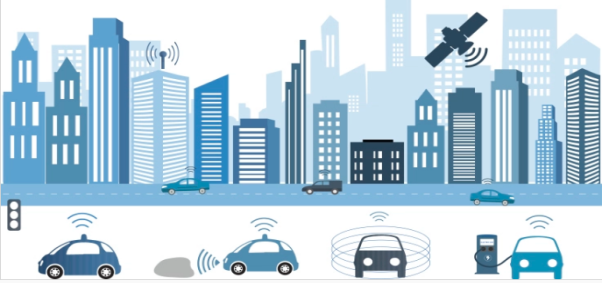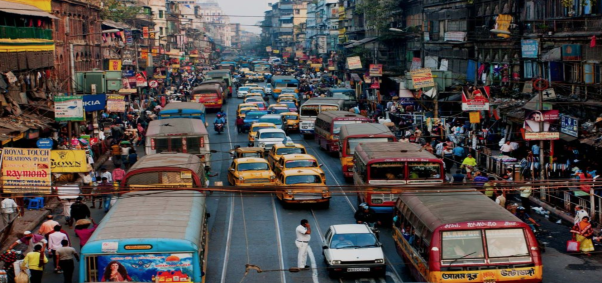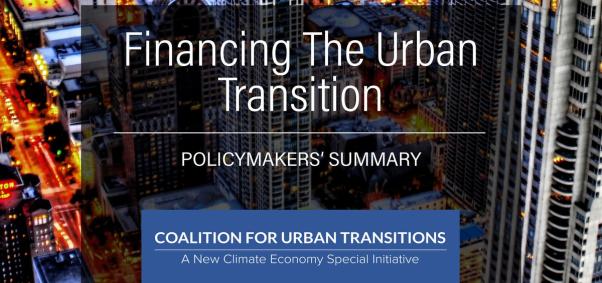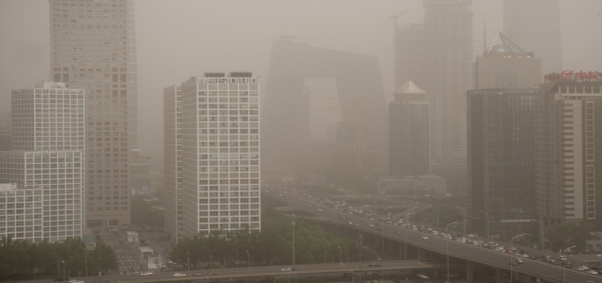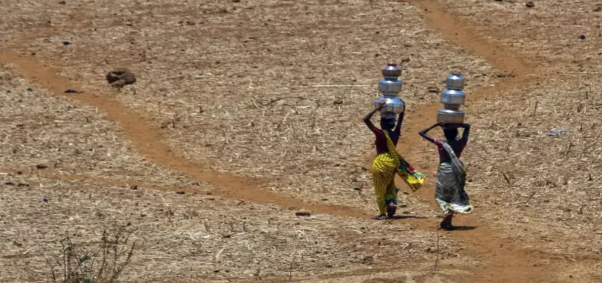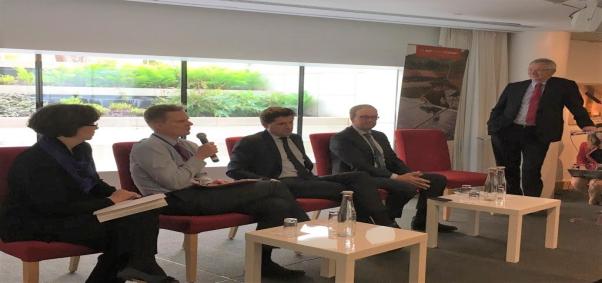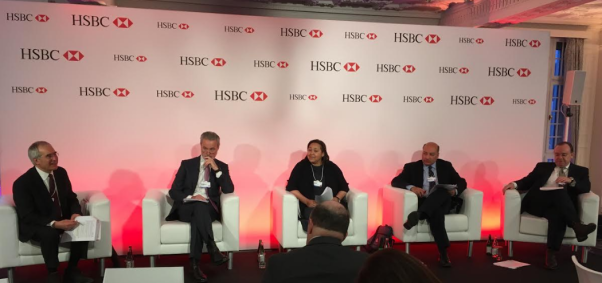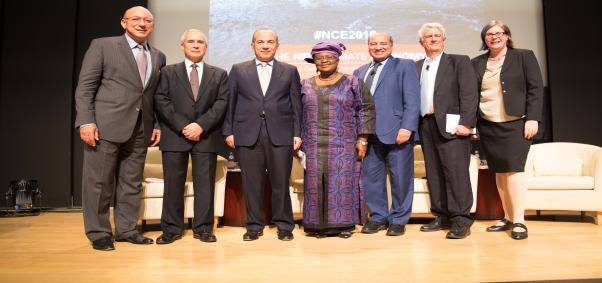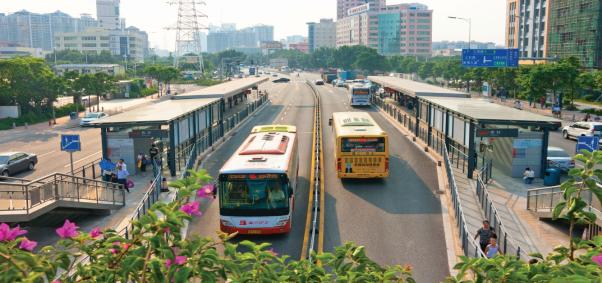Related Content
This paper is a background review representing part of the initial phase of the Financing the Urban Transition work programme. The review builds on a growing body of research that highlights both the importance of national sustainable infrastructure and the need to develop more effective and efficient financing mechanisms for delivering compact, connected cities that meet the UN’s Sustainable Development Goals. While progress has been made in both these areas over the last five years, there remains a policy gap between the international/national level and the municipal level.
Future-smart investments are those that are sustainable, writes Ngozi Okonjo-Iweala.
There are three major opportunities for city governments to use new technologies to take the battle out of your trip across town.
Acting on climate change can certainly be driven by pure pragmatism: the economics of it are clear, writes Felipe Calderón.
The Council comprises leaders of the world’s most prominent urban, development, and climate focused organizations.
Ani Dasgupta, Global Director of the WRI Ross Center for Sustainable Cities, writes on how new mobility services can be effectively combined and leveraged with existing public transport options.
New mobility services could improve the lives of all urban inhabitants. This first ever global survey finds that applying three types of new mobility services – electric, on-demand minibuses, subsidized shared rides, and trip-planning and ticketing apps – can make public transport more affordable, accessible and sustainable, if integrated properly.
Urbanisation is one of the most important potential drivers of productivity and growth in the global economy.
Ngozi Okonjo-Iweala writes that an international effort is under way to encourage countries to remove policies that may contradict their otherwise sincere efforts to reduce carbon emissions.
Most developed countries now pursue policies that implicitly or explicitly aim at promoting compact urban form.
There’s ample evidence that renewable energy and energy efficiency are booming sectors for business, writes Naina Lal Kidwai in the Financial Times.
This newsletter covers an event hosted by the New Climate economy and the Swedish Embassy on Business Opportunities for the Climate and Economy, the New Climate Economy's response to the US on the Paris Agreement, a new OECD report, and the latest developments on carbon pricing and renewable energy.
Coal is no longer the best option for energy or for jobs. In fact, it’s become a risky bet, writes President Calderón in the Financial Times.
Closing the gender gap is the right thing to do for women and the planet. It is also smart economics, write Ngozi Okonjo-Iweala and Isabella Lövin in Project Syndicate.
Making the case for investing in sustainable infrastructure at WEF, African leadership in a time of climate risk, and Better Business, Better World.
Shedding new light on India's urbanisation - The benefits of economic transformation in Africa - Calling attention to sustainable infrastructure - 10 years on after the Stern Review - Good reads for a new climate economy
"Devising ways to scale financing for urban infrastructure, and to shift capital flows to make sure new projects are sustainable, is the next great challenge facing cities," write Michael Bloomberg and Patricia de Lille in CNN.
It will take national leadership to put policies and incentives in place to ensure a low-carbon future, writes Sam Adams.
Developing countries like India, China, and Brazil took many important steps on climate action in 2016, writes Naina Lal Kidwai in The Hill.
Investing in sustainable infrastructure is key to tackling the three central challenges facing the global community: reigniting growth, delivering on the Sustainable Development Goals, and reducing climate risk in line with the outcomes of Paris, writes Lord Nicholas Stern in The Independent.


